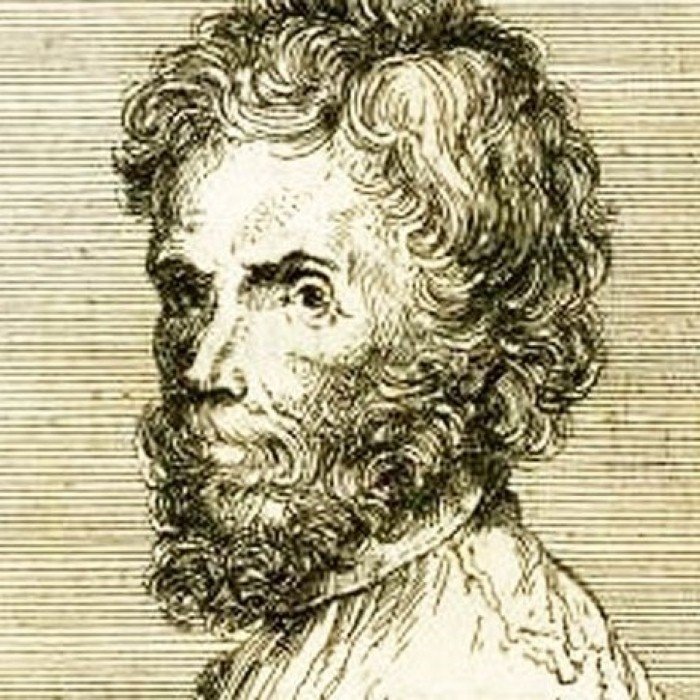Members
1 Male
Origin
 Spanish
Spanish
Genre
 Composer
Composer
Style
---
Mood
---
Born
1 Male
Origin
Genre
Style
---
Mood
---
Born
1500
Active ---
![]() 1553
1553
Cutout![]()
Alternate Name
Cristobal de Morales
No loved tracks found...
Artist Biography
Available in:
Cristóbal de Morales was born in Seville and, after an exceptional early education there, which included a rigorous training in the classics as well as musical study with some of the foremost composers, he held posts at Ávila and Plasencia. All that is known about his family is that he had a sister, and that his father died prior to his sister's marriage in 1530. Others who lived in Seville were considered to be potential relatives of Morales. These include Cristóbal de Morales, a singer employed by Duke of Medina Sidonia in 1504; Alonso de Morales, treasurer of the cathedral in 1503; Francisco de Morales (d. 1505), a canon; and Diego de Morales, who was the cathedral notary in 1525.
Earlier Spanish popes of the Borja family held a long tradition of employing Spanish singers in the papal chapel’s choir. This had a significant effect on Morales' success. Starting in 1522, there are three different occurrences where a Cristóbal de Morales was indicated to be an organist. There is little information of the whereabouts of Morales from January 1532 to May 1534. Morales is documented three times in Rome as ‘presbyter toletanus’ in May and December 1534. By 1535 he had moved to Rome, where he was a singer in the papal choir, evidently due to the interest of Pope Paul III who was partial to Spanish singers. He remained in Rome until 1545, in the employ of the Vatican; then, after a period of unsuccessfully seeking other employment in Italy (with the emperor, as well as with Cosimo I de Medici) he returned to Spain, where he held a succession of posts, many of which were marred by financial or political difficulties. While he was renowned by this time as one of the greatest composers in Europe, he seems to have been unpopular as an employee, for he began to have difficulty finding and keeping positions. Morales was the only composer of whose music the parody Mass did not constitute a majority, even though he wrote more of this type than any other. Morales’s fame was due in part to the numerous testimonials of those around him. The Spanish theorist Juan Bermudo declared him “the light of Spain in music”, while in 1559, a Mexican choir – Spanish polyphony in particular was quick to reach the New World – sang his music at a service commemorating the death of Charles V the previous year. His fame held strong on into the 18th century when Andrea Adami da Bolsena, biographer of many papal musicians, praised him as the papal chapel’s most important composer between Josquin des Prez and Palestrina.
There is some evidence that he was a difficult character, aware of his exceptional talent, but incapable of getting along with those of lesser musical abilities. He made severe demands on the singers in his employ, alienated employers, and likely came across as arrogant. In spite of this, he was regarded as one of the finest composers in Europe around the middle of the 16th century.
On 4 September 1553 he asked to be considered for the position of maestro de capilla at the Cathedral of Toledo, where he had previously worked, but died shortly after in Marchena; the actual date is not known, but was before October 7.
Wide Thumb
Clearart
Fanart

Banner
User Comments
 No comments yet..
No comments yet..

